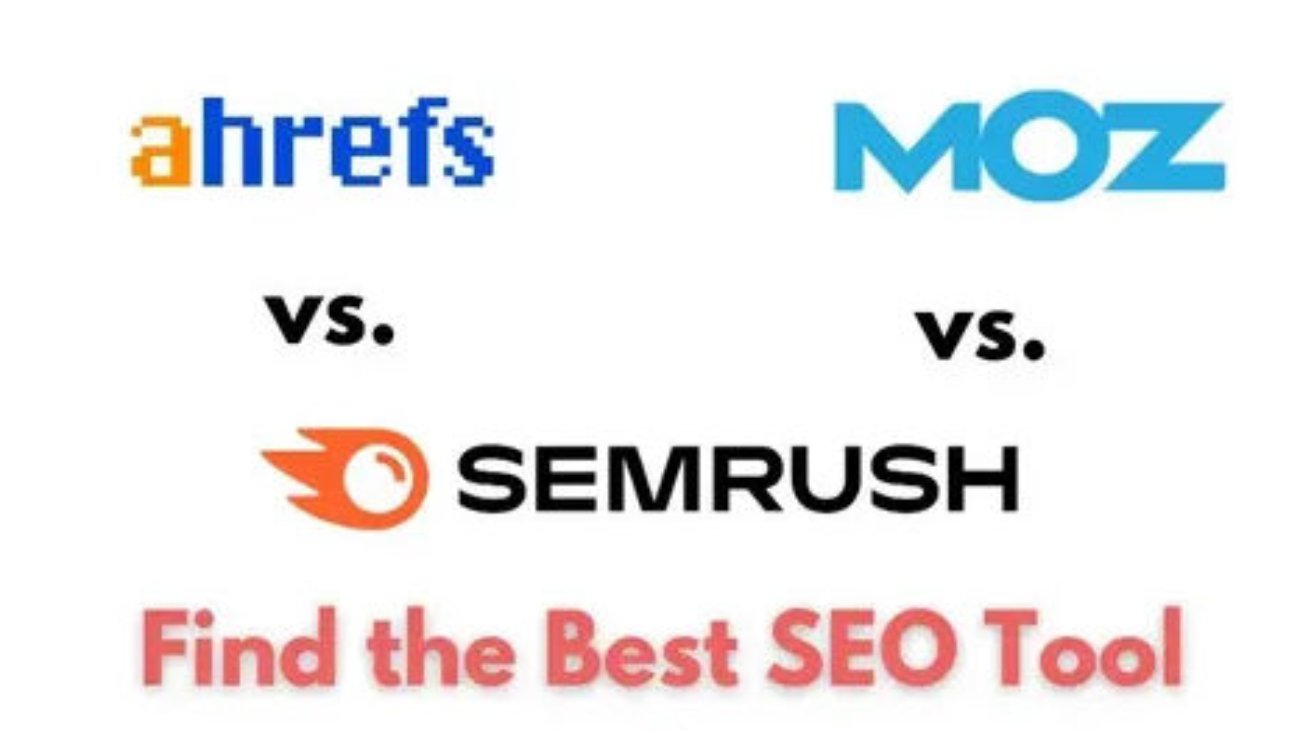The SEO Champions Trophy has become a global benchmark for digital marketers, SEOs, and agencies looking to showcase their expertise. As one of the most prestigious events in the SEO landscape, understanding the rules of the SEO Champions Trophy is critical for anyone aiming to participate or win.
This article provides a comprehensive guide to the official rules, including participation guidelines, evaluation criteria, ethical requirements, and tips for maintaining compliance throughout the event. Whether you’re an SEO beginner or an experienced professional, this is your ultimate resource to mastering the competition.
Table of Contents
- Introduction to the SEO Champions Trophy
- Why Rules Matter in the SEO Competition
- Participant Eligibility and Registration Rules
- Team Formation Guidelines
- Official Competition Format
- SEO Challenges & Task Categories
- Tools Allowed and Restrictions
- Judging Criteria & Point System
- Ethical Conduct & Penalty Rules
- Reporting Violations and Appeal Process
- Winning Strategy Tips
- Conclusion
1. Introduction to the SEO Champions Trophy
The SEO Champions Trophy is a global competition where participants demonstrate their SEO skills, strategies, and technical acumen by competing in real-time SEO challenges. Participants range from students and freelancers to professional SEO agencies. The ultimate goal? To improve search rankings for assigned domains in an ethical, scalable, and sustainable way.
Understanding the competition rules ensures that participants play fairly, innovate responsibly, and ultimately elevate the global SEO community.
2. Why Rules Matter in the SEO Competition
Just like any reputable global event, the SEO Champions Trophy maintains strict rules to:
-
Ensure a level playing field
-
Encourage ethical SEO practices
-
Foster creativity within structured boundaries
-
Protect the integrity of rankings and competition outcomes
-
Discourage spammy or manipulative tactics
By enforcing clear rules, the competition guarantees fair opportunities for all competitors while promoting best-in-class SEO strategies.
3. Participant Eligibility and Registration Rules
Eligibility:
-
Open to individuals aged 18 and above
-
Professionals, students, freelancers, and agencies are welcome
-
Global participation allowed (subject to regional qualifiers)
Registration Guidelines:
-
Registration is online via the official website
-
Participants can choose between Individual or Team entry
-
A nominal entry fee is required (varies by category)
-
Deadline-based registration phases (Early Bird, Regular, Last-Minute)
Note: Entries exceeding the participant cap will be waitlisted.
4. Team Formation Guidelines
-
Teams may have 1–4 members
-
Each member must have a verified profile
-
One team leader is mandatory for communications
-
Inter-team collaboration is prohibited during active phases
-
Team names should reflect professionalism (no offensive language)
5. Official Competition Format
The SEO Champions Trophy competition unfolds over several rounds:
Preliminary Round:
Participants work on mock challenges to familiarize themselves with the platform and tasks.
Main Round:
Real-time SEO assignments are issued. Participants are expected to:
-
Conduct keyword research
-
Implement on-page SEO
-
Submit off-page strategies
-
Fix technical SEO issues
-
Provide performance tracking insights
Final Round:
Top-scoring participants or teams compete in a live audit + optimization sprint, judged by a panel of SEO experts.
6. SEO Challenges & Task Categories
The competition involves five main task categories:
- Keyword Research Strategy
- On-Page Optimization
- Technical SEO Audits
- Content Planning & Creation
- Backlink Building & Outreach
Each task tests a different aspect of an SEO campaign ensuring comprehensive skill assessment.
7. Tools Allowed and Restrictions
Allowed Tools:
-
Google Search Console
-
Google Analytics
-
SEMrush, Ahrefs, Moz
-
Screaming Frog
-
Ubersuggest
-
Surfer SEO
-
AnswerThePublic
-
Grammarly (for content)
Restricted or Prohibited:
-
PBNs (Private Blog Networks)
-
Link farms or purchased links
-
Auto-content spinners
-
Bot traffic tools
-
Any black-hat SEO tools or services
Violation of tool usage policies may result in disqualification.
8. Judging Criteria & Point System
The evaluation process is based on a multi-criteria point system, with a total of 100 points per round:
| Criterion | Weightage |
|---|---|
| Keyword Relevance & Strategy | 20 points |
| On-Page SEO Effectiveness | 20 points |
| Technical SEO Implementation | 20 points |
| Backlink Quality & Diversity | 20 points |
| Innovation & UX Focus | 10 points |
| Compliance with Guidelines | 10 points |
9. Ethical Conduct & Penalty Rules
Participants must adhere to white-hat SEO practices. Violations include:
-
Plagiarized content
-
Hidden text or cloaking
-
Spammy link building
-
Misleading redirects
-
Negative SEO tactics
Penalties:
-
First offense: Warning
-
Second offense: Score deduction
-
Third offense: Disqualification
Maintaining ethical conduct reflects not just in the competition, but in your career reputation as an SEO professional.
10. Reporting Violations and Appeal Process
All competitors are empowered to report rule violations through an anonymous portal. Every report is evaluated by a neutral ethics committee.
Participants may appeal penalties by submitting documented evidence. Appeals are reviewed within 48 hours and are final.
11. Winning Strategy Tips
Here are some proven strategies that past winners followed while respecting all the rules:
-
Use data-driven SEO approaches, not guesswork
-
Structure your SEO roadmap and document each step
-
Focus on mobile optimization and Core Web Vitals
-
Conduct link audits before acquiring new backlinks
-
Create value-driven content with semantically related keywords
-
Leverage internal linking for better site structure
-
Use white-label outreach for backlinks instead of buying them
Pro tip: Always prioritize user experience and content relevance over keyword stuffing.
12. Conclusion
The SEO Champions Trophy is more than just a competition it’s a global initiative to highlight ethical, impactful, and innovative SEO practices. By following the rules meticulously, participants don’t just boost their chances of winning they also gain skills that will elevate their professional careers.
In a landscape where search engines are increasingly complex and competitive, mastering the rules of the SEO Champions Trophy is the first step toward becoming a world-class SEO strategist.
So, are you ready to play fair, rank smart, and win big?
Behind the Scenes: Why Strict Rules Power the SEO Champions Trophy
The SEO Champions Trophy didn’t become the most talked-about SEO competition overnight. One of the key pillars behind its success is its well-documented and strictly enforced rules, which help maintain the competition’s global credibility.
Standardized Evaluation Across Regions
Given that participants come from every corner of the globe Asia, Europe, the Americas, and Africa having standardized competition rules ensures everyone is assessed on a level playing field. Whether a participant is an intern from India or a lead SEO strategist in London, they’re judged using the same point system, ethical standards, and technical requirements. This ensures the SEO Champions Trophy is fair, unbiased, and truly global.
Rule-Based Learning for New Entrants
One unique aspect of the SEO Champions Trophy is its dual value proposition: it’s both a competition and a learning platform. For newcomers, the competition rules double as an educational framework, teaching:
-
What SEO tools are credible and compliant
-
How to document SEO progress like a professional
-
Why ethical link-building is more valuable long-term
-
The right way to scale SEO without shortcuts
In this sense, the rules aren’t just restrictions they’re roadmaps for career growth in digital marketing.
A Legacy of Integrity
By creating a culture grounded in rules, the SEO Champions Trophy has earned the trust of global SEO experts, mentors, and sponsors. These standards make winning truly meaningful and establish winners as SEO leaders with integrity.

